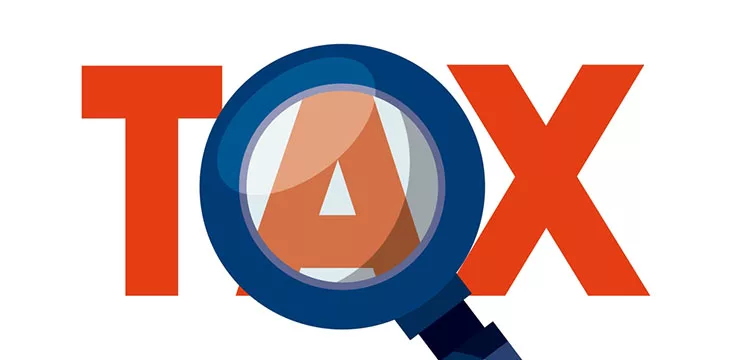|
Getting your Trinity Audio player ready...
|
Despite having Africa’s largest digital asset industry and being one of the world’s most active P2P hubs, Nigeria has lacked clear regulations for the sector. While it could have started with formulating laws for the industry, the West African country chose to impose a 10% tax first. The tax has elicited mixed reactions, with some saying it legitimizes the industry while others say the tax is too high.
The 10% tax was among a raft of measures in the amended 2023 Finance Act that former president Muhammad Buhari signed into law on his last day in office on May 28. It joins Kenya, which also targets its 4 million digital asset owners with a 3% tax in its Finance Bill.
Nigerian digital asset owners and stakeholders are divided on the new tax. Some believe that the government is giving the industry legal recognition by taxing digital assets. The country has a checkered history with digital assets, with the central bank previously prohibiting banks from processing payments for the sector; the ban was later overturned. An industry that’s contributing its share to the national coffers is unlikely to get such directives again, they argue.
However, many are in protest. Some believe regulations should precede taxation. After all, the government can still tax an activity it labels illegal.
“How can you tax what you have not recognised or created a policy for?“ wonders Obinna Iwuno, the president of the Stakeholders in Blockchain Technology Association of Nigeria (SiBAN).
“If you want to tax crypto. and it’s okay to do that because crypto generates economic activity that can contribute to the country’s GDP, you must first create a framework and gather stakeholders around a table for adequate policy formation.”
Obinna told one local outlet that SiBAN wasn’t consulted in formulating the bill. Many other local industry lobby groups have also confirmed that there was no consultation.
Others believe the 10% tax is way too high for the nascent industry.
Just read that very soon you all will start paying taxes on your crypto and Forex profits in Nigeria.
10% of your capital gains goes to government 😳😳. What are we going to get in return?
— CryptoLord NE 📊📈 (@CryptoDefiLord) June 8, 2023
Whether the new administration under President Bola Tinubu will enforce the new tax remains to be seen. Tinubu has pledged to push for the adoption of digital assets and blockchain technology and will be aware of the effect that over-taxation can have on this pledge.
Watch: Micropayments are a big deal in Africa

 09-19-2025
09-19-2025 





